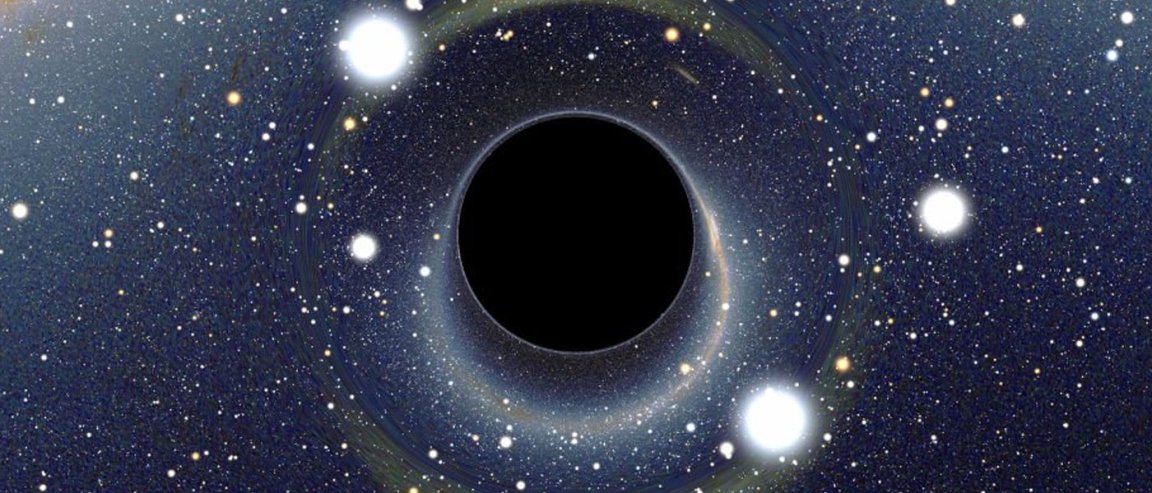
Information Paradox
One of the greatest enigmas of our time revolves around understanding black holes. The vague term “singularity” is often tossed around to feign a sense of understanding of a topic that has perplexed more than just Matthew McConaughey’s character in Interstellar; therefore, it would come as no surprise that one of the most notable physicists has another bit of knowledge on the matter.
When Stephen Hawking proposed the concept of Hawking radiation in 1974, he opened up another topic for debate: The black hole information paradox.

He theorized that some energy escapes black holes continually, that whenever it swallows something, some electromagnetic radiation is emitted. This means that, over time, the black hole will eventually disappear, leaving only the Hawking radiation as the trace that it ever existed.
The black hole information paradox exists because, based on Hawking’s calculations, the radiation emitted does not contain any information about the history of a particular black hole’s “diet” throughout its existence. He also said that all information on the insides of a black hole is destroyed.
Uh oh.
The problem with the hypotheses is that it contradicts the common laws of quantum mechanics: information cannot be destroyed. Meaning that, the information has to go somewhere, and giving so, the paradox came to life.
In January this year, Hawking made an announcement saying his first calculations were wrong and that he has formulated a new theory that would give sense to the information loophole. He posted a preview of the theory for people to probe.
He identified two things in his original assumption were wrong: (1) that the vacuum in quantum gravity is unique, and (2) that black holes have no “hair.”

Black Holes Just Got Sexier
Not only are black holes severely powerful and mysterious, apparently they also have hair. Although, to be clear, the black hole hair is not exactly hair as we commonly know it. They are low-energy quantum excitations that form a halo of “soft hair” around the event horizon.
But like actual hair, Hawking’s freshly published paper proposes that the hair holds records of what the black hole consumes. He believes they carry signature patterns of everything the black hole swallows, which they release back into the universe when the black hole dissipates.
However, University of California physicist Gary Horowitz has doubts: “First, the analysis must be repeated for gravity, rather than just electromagnetic fields. The authors are currently pursuing this task, and their preliminary calculations indicate that the purely gravitational case will be similar,” he says. “More importantly, the soft hair they introduce is probably not enough to capture all the information about what falls into a black hole.”
While the idea needs a lot of work to validate, it’s a step that would hopefully pave the way towards understanding black holes, and putting the information paradox to rest.